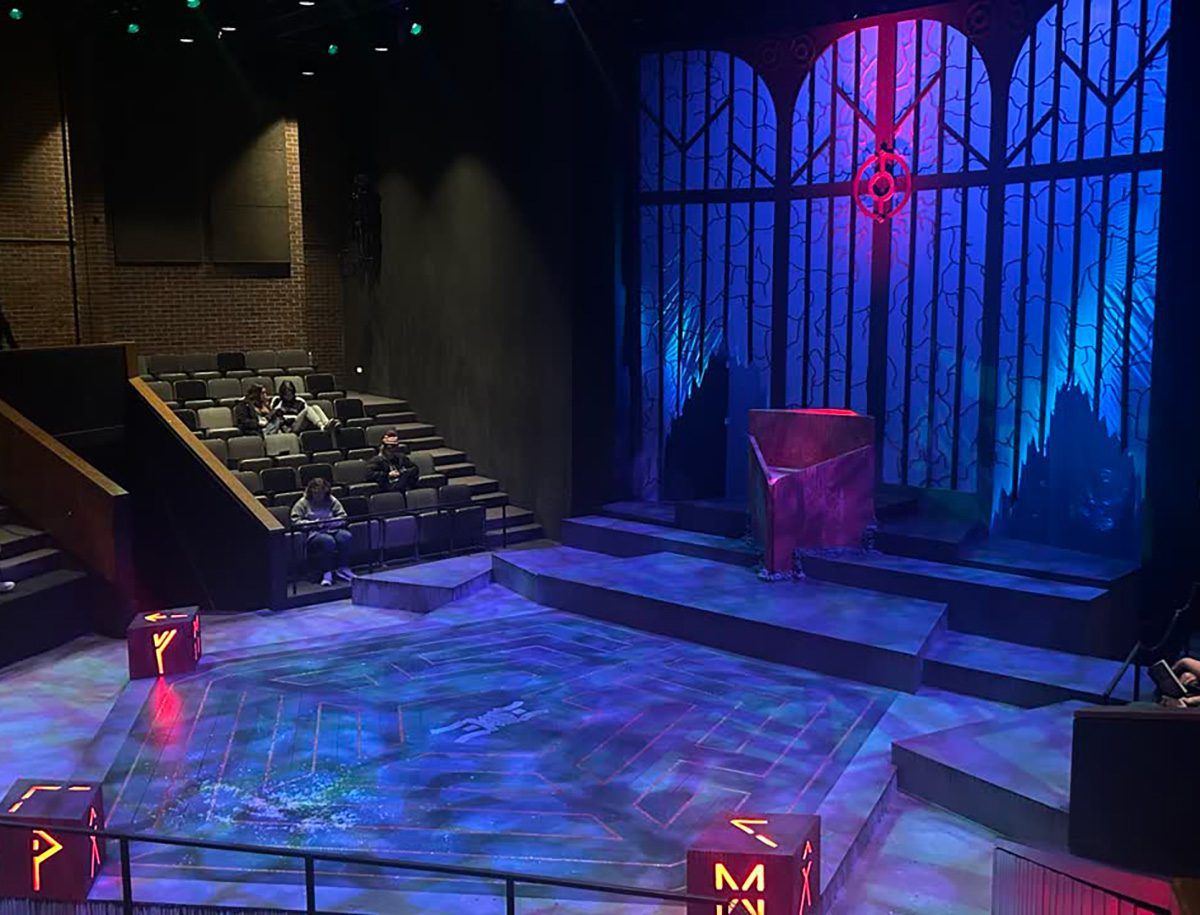Spoiler Alert!
For occultist fans of Dan Brown’s adventure thrillers, his eagerly awaited “The Lost Symbol” proves to be a devilish treat. Set in the nation’s capital, Harvard’s noted symbologist, Robert Langdon, is commissioned to investigate a horrendous crime linked to his longtime friend and advisor Peter Solomon. Early on he realizes he has fallen victim to a carefully orchestrated manipulation.
The adventure takes him though centuries of mystical and Masonic legends, tracing the route of the maniacal tattoo-clad Mal’akh to recover his friend and “The Word” of the Masons. Along the way, he meets the brilliantly gifted scientist, Katherine, who is paving the way for a profound branch of science, hoping to provide a link between human existence and the divine. This new branch of science, known as “Noetics,” is creating a seeming relationship between the physical and metaphysical worlds.
Together they follow an ancient talisman bequeathed to Langdon, leading them through a labyrinth of historical structures and symbols in search of Solomon and the secrets of the past. Brown takes his readers through the esoteric practices of mysticism, alchemy and Newtonian science, while unraveling the philosophy of the Masonic brotherhood in the creation of Washington D.C.
Those interested in magical legends and early alchemy will find this Langdon novel especially entrancing, as topics concerning the philosopher’s stone and the elixir of life are explored in connection to Masonic beliefs. Fantasy and adventure lovers should rejoice. This story questions culturally accepted theories and asks readers to expand their views.
Brown, often at the center of controversy and depicted as a brazen heretic, once again offers a glimpse at one of the world’s most-kept secrets. This time, Freemasonry is explored with the concepts of prejudice and the power of the human mind as overwhelming themes. He traces the realm of conspiracy theories surrounding the Masons by illustrating Langdon’s internal dilemma surrounding skepticism of magic, religion and ancient legends.
Ultimately, Brown concludes with a much-appreciated and progressive view of the relationship between faith and the self. Once again, Brown reminds his readers that, mind the cliché, knowledge is power. For this reason alone, both religious believers and nonbelievers alike should appreciate this finely crafted work.
Despite its lengthy 506 pages, “The Lost Symbol” is a surprisingly fast-paced read with wonderful narrative hooks and an unforeseen climactic revelation. The conclusion is both haunting and incredibly unsettling, as it involves the novel’s antagonist, Mal’akh, and his grotesque motives.
Although not likely to make the list of scholarly reads with its relatively simple diction and structure, it is definitely worth the time for followers of popular culture and the occasional treasure seeker. Langdon traces the paths of the nation’s forefathers as he explores various historical sites, including the Smithsonian and the Capital in Washington D.C. The main characters do remain fairly flat, and the plot does feel occasionally drawn out, but the finished product is both thought-provoking and pure irresistible enjoyment.
For anyone who has experienced Brown’s immensely popular “The DaVinci Code” or “Angels and Demons,” his latest, “The Lost Symbol,” is a must read.






